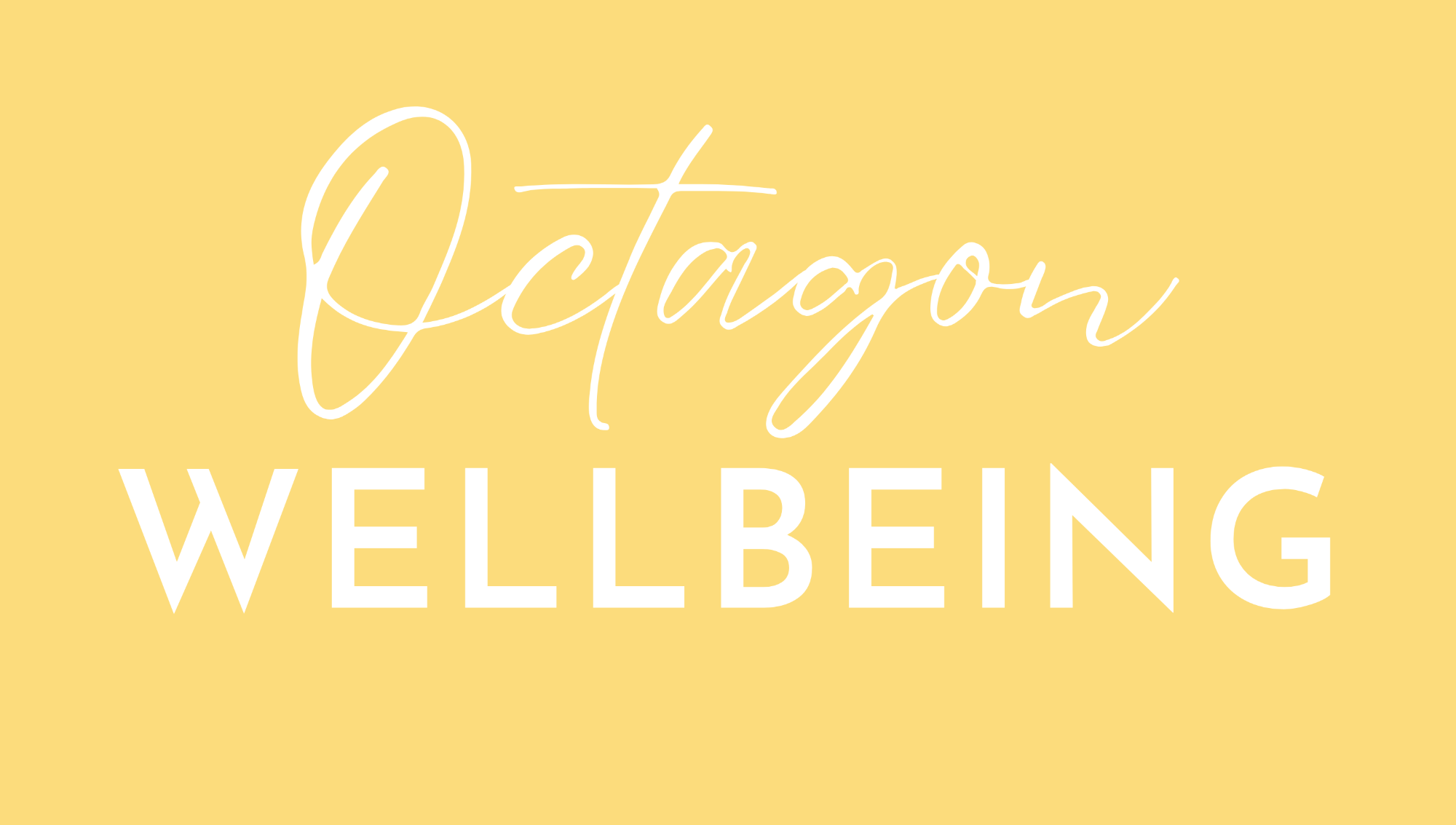Worry is a state of mental distress or agitation caused by thinking about problems or unpleasant things that might happen in the future. Worry is often characterised through negative thoughts and images that often feel difficult to control, and if unmanaged worry can become excessive or uncontrollable. In this case worry can grow into anxiety. Worrying is a form of mental problem-solving that attempts to anticipate and prevent negative outcomes. If we think of worry as a form of problem solving then there is potential for our worries to be productive or beneficial. but can be counterproductive if managed effectively.
Ways worry can be helpful
- Worry can motivate us, worrying about an exam often motivates us to prepare more thoroughly.
- By worrying about something we are in fact trying to find a solution to a problem. Problem solving is a good thing and the act of problem solving can be a good strategy for us to make improvements or seek potential solutions.
-
Worry shows you care about something or a specific outcome, this is sometimes beneficial for us to realise and evaluate our priorities in life.
When worries can be counterproductive
When we worry about multiple issues - we can’t problem solve effectively if we are worrying about anything and everything therefore worrying about multiple issues tends to tip the balance from problem solving worry to inefficient worry.
When we’re seeking a perfect solution - Nothing is ever perfect of guaranteed and therefore seeking to find a perfect or guaranteed solution will likely prove fruitless.
When our worries are irrational – When our worries focus predominantly on worst case scenarios or “catastrophising” this can be incredibly negative for our wellbeing.
When we are unaware of how long we are worrying or can’t stop worrying – When we are worrying for long periods of time our thoughts feel like they go round in circles, they are unproductive and draining indicating worry has moved away from being productive problem solving worry. In this state it is unlikely we will have the mental capacity to come up with any productive solutions.
How to manage your worry effectively
Even reframing “worry” to problem solving can be a positive step in improving your mindset, there are a few other things to consider to help you manae your worry.
Increase your self awareness – Just being aware of the amount of time and energy you’re devoting to worry can be a great first step to managing worry effectively. You can start to identify triggers to your worries and times and places that you worry most.
Stay rational - Try and maintain a rational mindset based on what is possible or probable in the situation, this prevents our worries becoming irrational.
Set yourself time to worry – I can be helpful to have specific time dedicated to working through an issue and essentially giving yourself the space to worry, even writing out worries and possible solutions. If considering worry as a possible form of problem solving we can see that once we have rationally worked through the problem and possible solutions there is not much more to do, any additional time spent on this issue can become counterproductive. Once you’ve had your time to focus on your worries, try and draw a line under it and distract yourself with something else, you can always tell yourself you’ll return to the issue at a later point. By returning to the issue later you may find that the break from worry means you can adopt a more rational mindset and find solutions more effectively.
Talk to others - A problem shared and all that....but seriously by voicing our worries out loud we often naturally start to think more rationally about them. It also gives voice to the worries going round your head which can help break negative thought cycles.
As always though if you’re still struggling or you feel your worry has tipped over into anxiety meaning your feel it is more intense and starting to interfere with your life it is always worth seeking professional help to work through your concerns.

